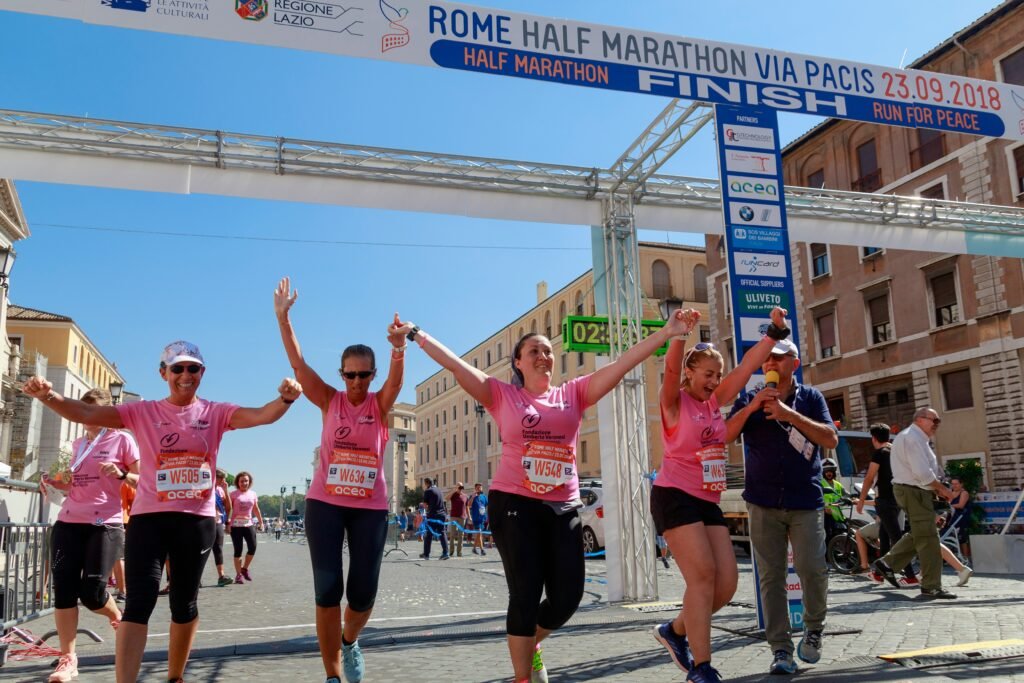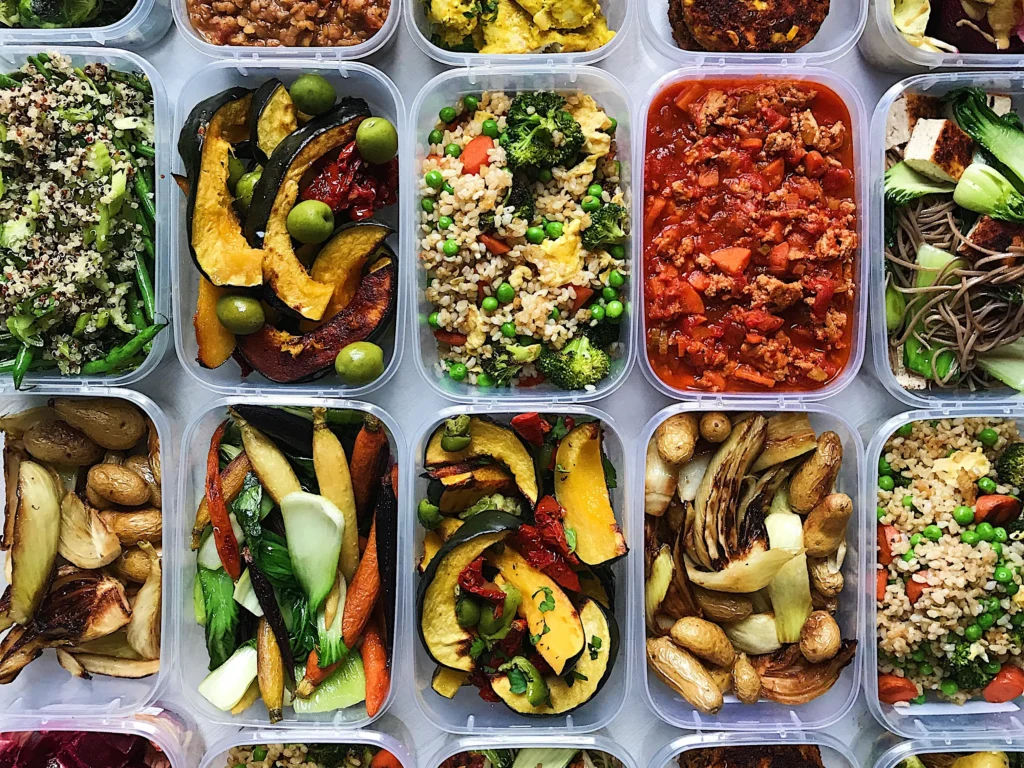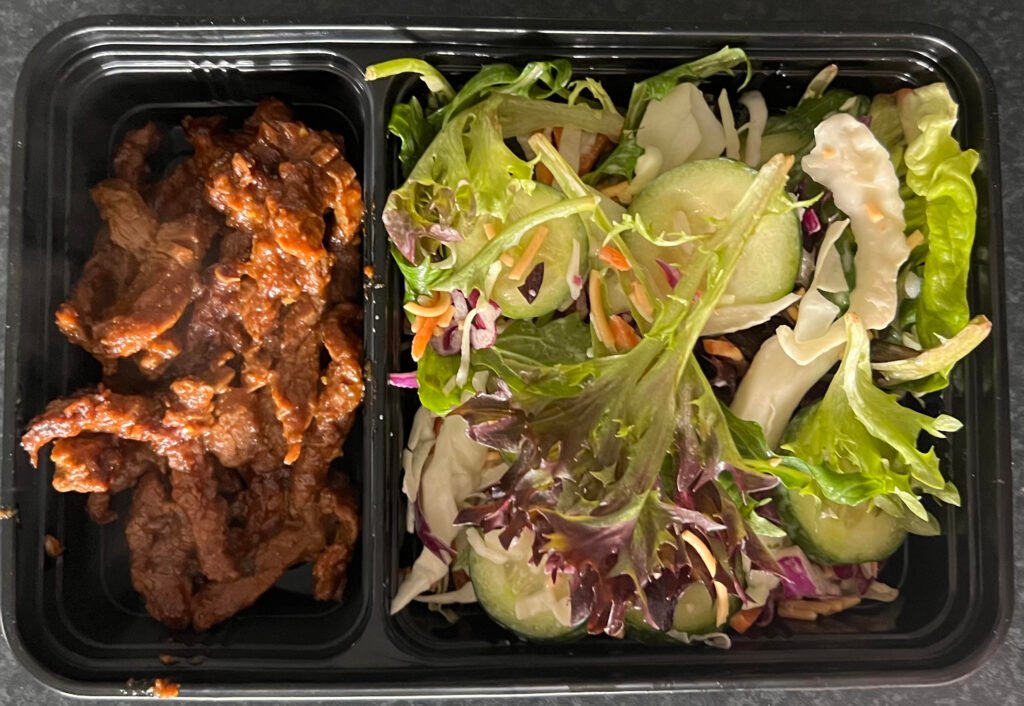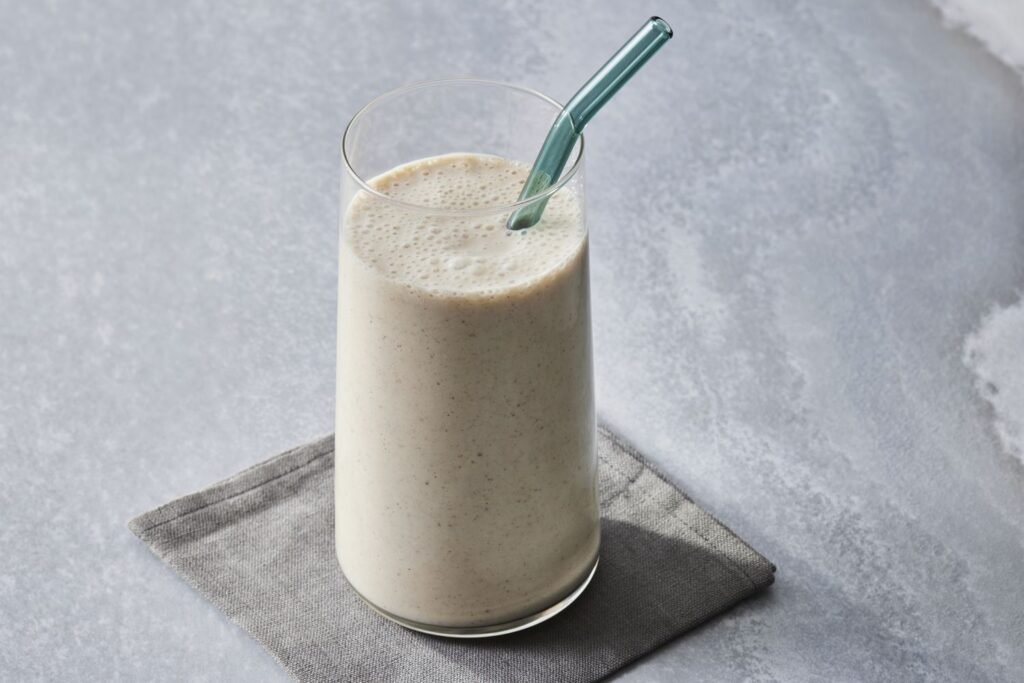Female Health and body (and food)
How Running & Female Health Are Connected
Running can help boost your mood, energy, and overall health — but it also affects things like hormones, periods, and nutrition needs. Your cycle can change how strong or tired you feel, so it’s important to listen to your body. Eating enough, resting properly, and adjusting your training during different times of the month can help you stay healthy, avoid injury, and feel your best. Running should support your body — not fight against it.


The phases of a period and how to run on them
Menstrual Phase (Days 1-5)
What’s happening: Your period starts. Hormones drop, energy can feel low, and cramps or bloating are common.
Running tips:
Go easy — light jogs or walks are perfect
Movement can actually help with cramps
Stay hydrated + wear comfy clothes
If you’re too tired, rest — it’s OKAY to skip runs
Follicular Phase (Days 6-14)
What’s happening: Hormones (especially estrogen) start rising. You’ll likely feel more energised, focused, and strong.
Running tips:
Best time for harder training like intervals, tempo runs, or longer distances
You’ll likely recover faster and feel more motivated
Use this window to push yourself (if you want to)
Ovulation (Around Day 14)
What’s happening: Estrogen peaks and you might feel extra powerful — but your body temperature also rises slightly.
Running tips:
Great time for speed work or strong runs
Watch out for form — joints may be more flexible, so be careful with hills or uneven terrain
Stay cool and hydrated
Luteal Phase (Days 15–28)
What’s happening: Estrogen drops, progesterone rises. You might feel bloated, tired, or moody — PMS symptoms can hit.
Running tips:
Focus on steady or recovery runs
Don’t panic if running feels harder — it’s hormonal, not you
Eat enough (especially carbs), and be gentle with yourself
Walking or cross-training is great here too
No period? no problem
If you’re too young, on birth control, or using something that stops your period — that’s totally okay. You still have hormone shifts and body changes, just not as strong or obvious. You can still notice patterns in your energy, mood, or cravings, and use that to guide your training. Listen to how you feel — your body always gives clues, even without a cycle.
Pregnant or recently gave birth?
Pregnant Runners
You can usually keep running, especially if you were already active before. Just remember:
Talk to your doctor first
Slow down as needed — you’re not training for speed right now
Avoid overheating and drink lots of water
Support your belly with a good sports bra or maternity band
Switch to walking if running feels too much — movement still counts!
Postpartum Runner
Just had a baby? Be kind to yourself — your body is recovering and rebuilding. Here’s what to do (and not do):
Do:
Wait at least 6–8 weeks (or until your doctor says it’s safe)
Start with walking or gentle core work
Focus on rebuilding strength and stability
Go slow and be patient — recovery is not a race
Don’t:
Jump back into high-impact runs too early
Ignore pain or pressure (especially in your core or pelvic floor)
Compare yourself to your “old pace” — you’re in a new chapter!
Food fuel and body
Eating helps you run better and feel better.
Why food matters for runners
Food isn’t just energy — it’s fuel for your muscles, your hormones, and your brain.
When you eat well:
You run better, feel stronger, and recover faster
Your body builds muscle, balances hormones, and keeps your period regular
You avoid common issues like fatigue, dizziness, or injuries
If you skip meals (especially on purpose), your body starts to break down muscle, messes with your mood, and slows everything down — including your running progress.
Before
What to eat:
✅Banana
✅Toast with peanut butter
✅Yogurt with berries
✅Muesli bar or oats
Why:
Carbs give your body quick energy. Running without fuel can make you feel tired, dizzy, or slow. A small snack helps you start strong and feel better the whole way through.

After
What to eat:
✅Smoothie with protein
✅Eggs on toast
✅Rice bowl with chicken or tofu
✅Greek yogurt and fruit
Why:
After running, your muscles need protein to repair and carbs to refuel. Eating after helps your body recover faster, reduces soreness, and builds strength over time.
❌Don’t: Skip food or underfuel
❌❌❌Don’t skip to lose wight
Why it’s harmful:
Your body runs out of energy and starts breaking down muscle
You’ll feel weaker, slower, and more tired — not fitter
It can stop your period, affect your hormones, and increase injury risk
Reminder: Losing weight doesn’t mean you’ll run better. Running needs fuel. Strength comes from eating enough.
❌Don’t run on a empty stomach (too often)
Why it’s a problem:
You’re more likely to feel light-headed, dizzy, or crash mid-run
Your body won’t have the energy to perform or improve
You’ll burn out quicker and recover slower
💬 Running isn’t about shrinking — it’s about getting stronger.
Fueling up is part of the training!


Why food prep helps
When you’re busy with training, uni, or life — eating well can feel hard. Prepping your food ahead of time means:
You actually eat enough to fuel your runs
You’re less likely to skip meals or grab junk
You recover faster because good food is ready to go
Easy food prep tips
Make overnight oats, smoothies, or wraps the night before
Cook extra rice or pasta so you can throw meals together fast
Pack snacks like fruit, muesli bars, trail mix, or boiled eggs
Keep a water bottle and snack in your bag — always
References
Is it safe to run when pregnant? Here’s everything you need to know 2023, Runner’s World.
Jim 2006, When To Stop Running, Runner’s World, viewed 18 June 2025, <https://www.runnersworld.com/health-injuries/a20785570/when-to-stop-running/>.
Lindberg, S 2018, Can You Exercise on Your Period?, Healthline, Healthline Media.
Sports Dietitians Australia 2024, Food for Distance Running – Sports Dietitians Australia (SDA), Sports Dietitians Australia (SDA).
The Ultimate Guide to Running on Your Period 2024, www.cheekypants.com.
Van de Walle, G 2018, What to Eat Before Running, Healthline.